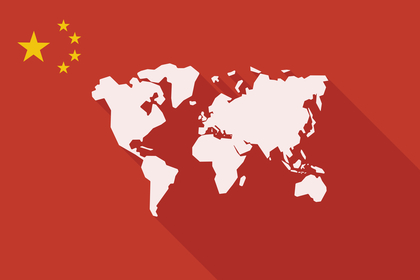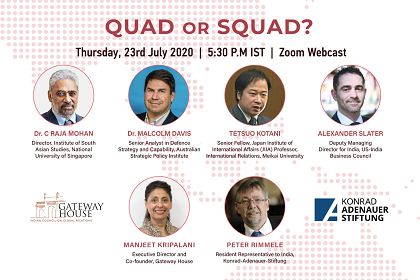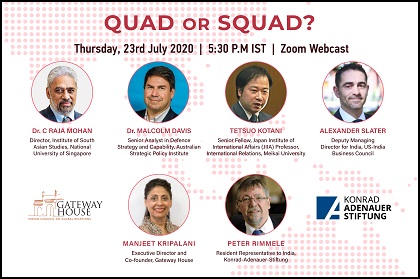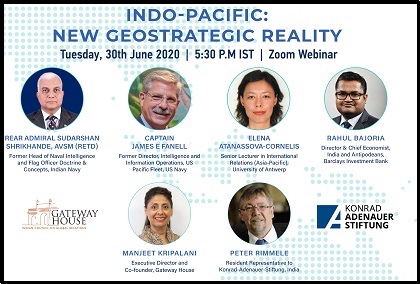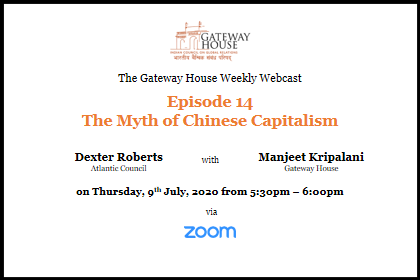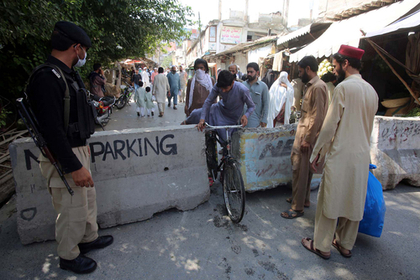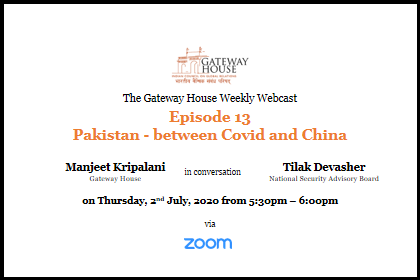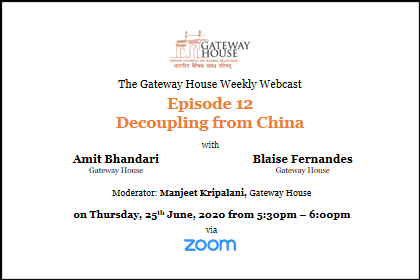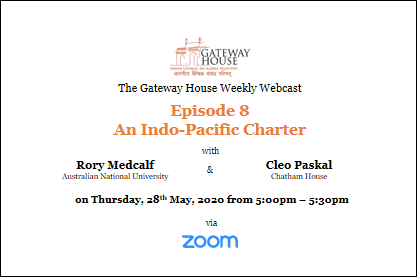The growing Sino-American military rivalry
On 21 October, Gateway House and the Institute of Chinese Studies, Delhi jointly hosted a webcast with Ambassador (Lt. Gen.) Karl Eikenberry, Sinologist, Deputy Chairman, NATO Military Committee; former Director of the U.S.-Asia Security Initiative at the Shorenstein Asia-Pacific Research Center, Stanford University on the Growing Sino-American Military Rivalry


